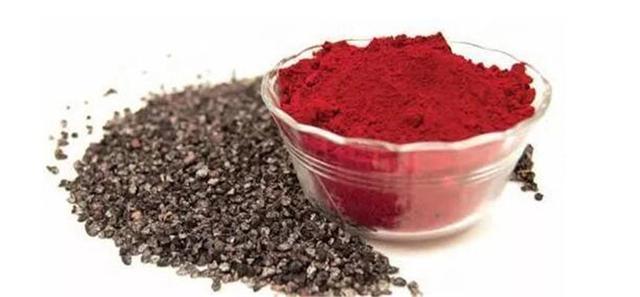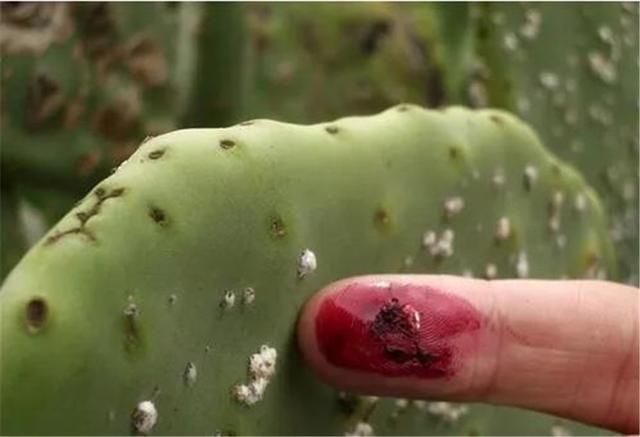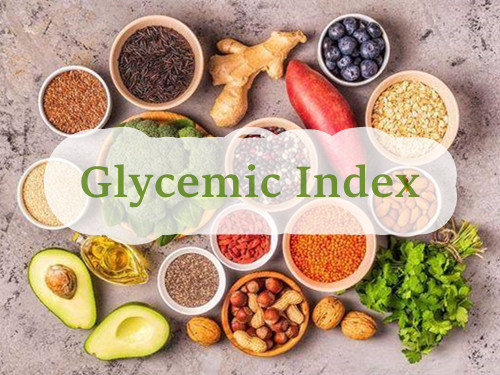Red is perhaps the most appetizing color, and bright red adds a tantalizing hue to foods such as raspberry jam, canned cherries, licorice, and red velvet cake. However, the red color in these delicacies may come from female cochineal insects, specifically the Dactylopius coccus species. Cochineal extract is obtained by crushing the insects and has sparked curiosity and concern among many. The carmine and carminic acid that exist in cochineal extract is the main coloring agent responsible for its vibrant hue. While cochineal extract is a natural and effective coloring agent, there are some allergic reactions for some individuals. In this article, we will explore the safety of cochineal extract, shedding light on what it is and whether it poses any risks to your health.
What is Cochineal Extract?
Cochineal extract is a natural red dye made from the dried bodies of female cochineal insects, known scientifically as Dactylopius coccus. These insects live on cactus plants in South America and have been used for centuries to produce a vibrant red pigment, are one of the oldest known natural food colorants. Cochineal extract is a food colorant made from crushed female cochineal insects. The insects are harvested, dried, crushed and then soaked in an acidic solution that produces carmine acid to produce a bright red dye, which can be adjusted using different solutions.
Cochineal extract contains a pigment called carminic acid, which is a water-soluble pigment that gives the cochineal extract its characteristic red color. Carminic acid is a very versatile dye and often used as a natural food and beverage coloring. It can be used to color a wide variety of foods, including juices, candy, ice cream, yogurt, drinks, and processed goods. It is also used in cosmetics and other skin care products.
Is Cochineal Extract Safe For You?
Cochineal extract has been commonly used for hundreds of years and is generally considered to be safe for most people to consume. It is a safe and effective natural red dye that can be used to color a wide variety of foods and beverages. In many regions, including the United States and Europe, regulatory agencies closely monitor the use of cochineal extract in food products to ensure it meets safety standards and is properly labeled. The United States Food and Drug Administration (FDA) has approved cochineal extract as a safe food additive. Cochineal extract is also listed as a safe food additive by the European Food Safety Authority (EFSA).
However, a small percentage of people are allergic to cochineal extract. Symptoms of a cochineal allergy can range from mild, such as hives and itching, to severe, such as anaphylaxis. The worry surrounding cochineal extract lies in potential allergic reactions and ethical considerations for those with specific dietary preferences.
With growing awareness of potential allergic reactions and lifestyle choices like vegetarianism, the demand for alternatives to cochineal extract has increased. In 2012, Starbucks announced that it would stop using cochineal extract to color some of its beverage and food products. No one wants to eat ground bugs with their favorite drink, especially vegetarians, and some people with asthma may develop allergies. If you are a strict vegetarian or have allergies or ethical concerns, consider exploring alternative products with natural red colorings, some alternatives such as beet juice, turmeric, and paprika for natural red coloring can be used.
More natural dye extracts, click more from our site coloring agents
- Dandelion Extract: What It Is, Benefits, Uses and Side Effect - April 23, 2024
- Is Berberine Extract Help For Weight Loss? - April 11, 2024
- Why Is Pysllium Husk Powder A Popular Meal Replacement Ingredient? - April 3, 2024





